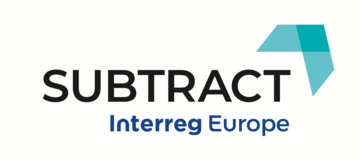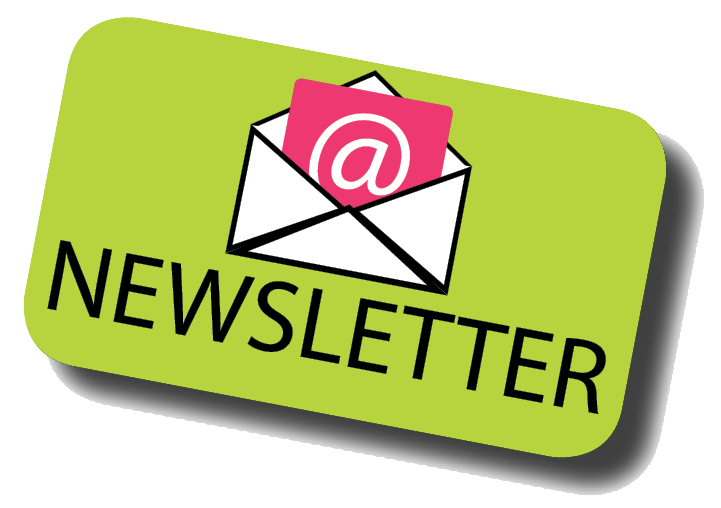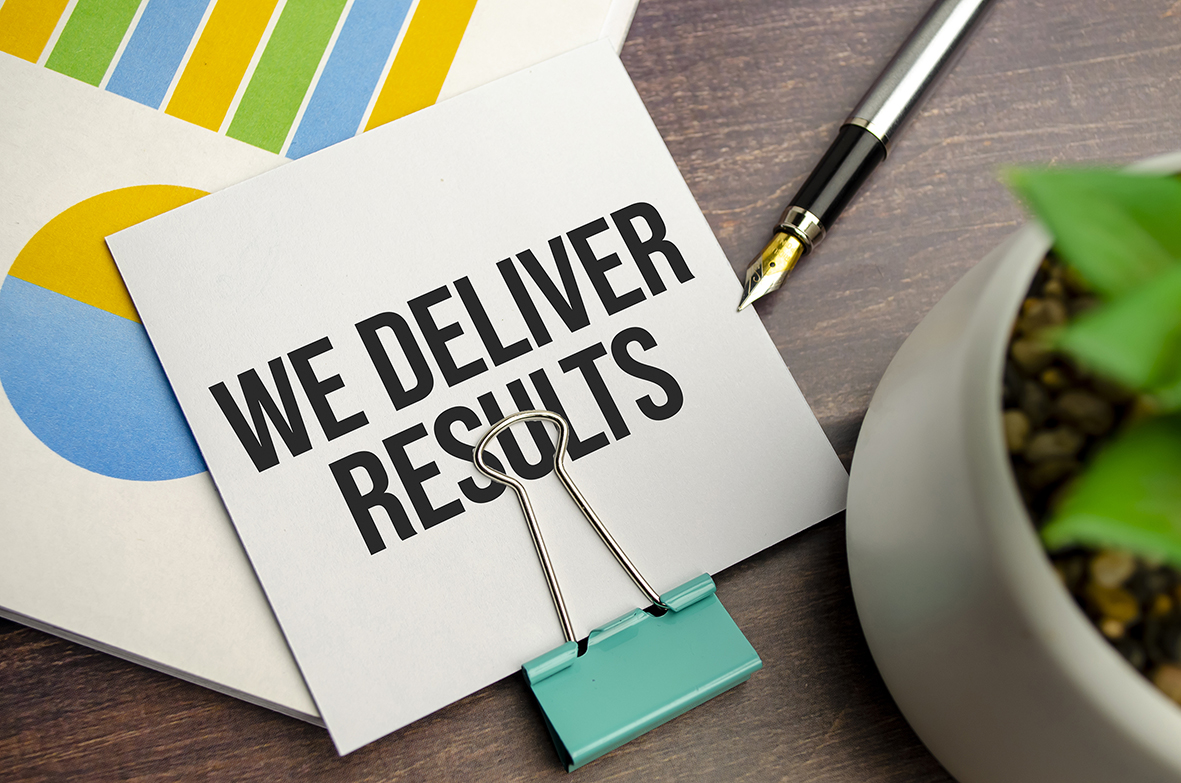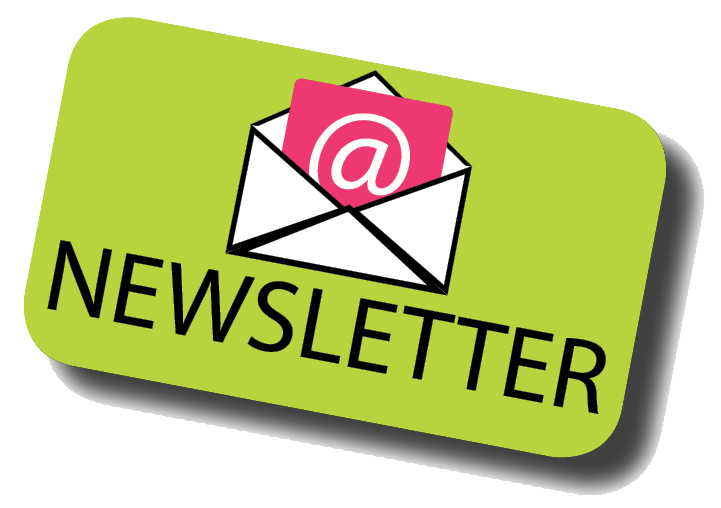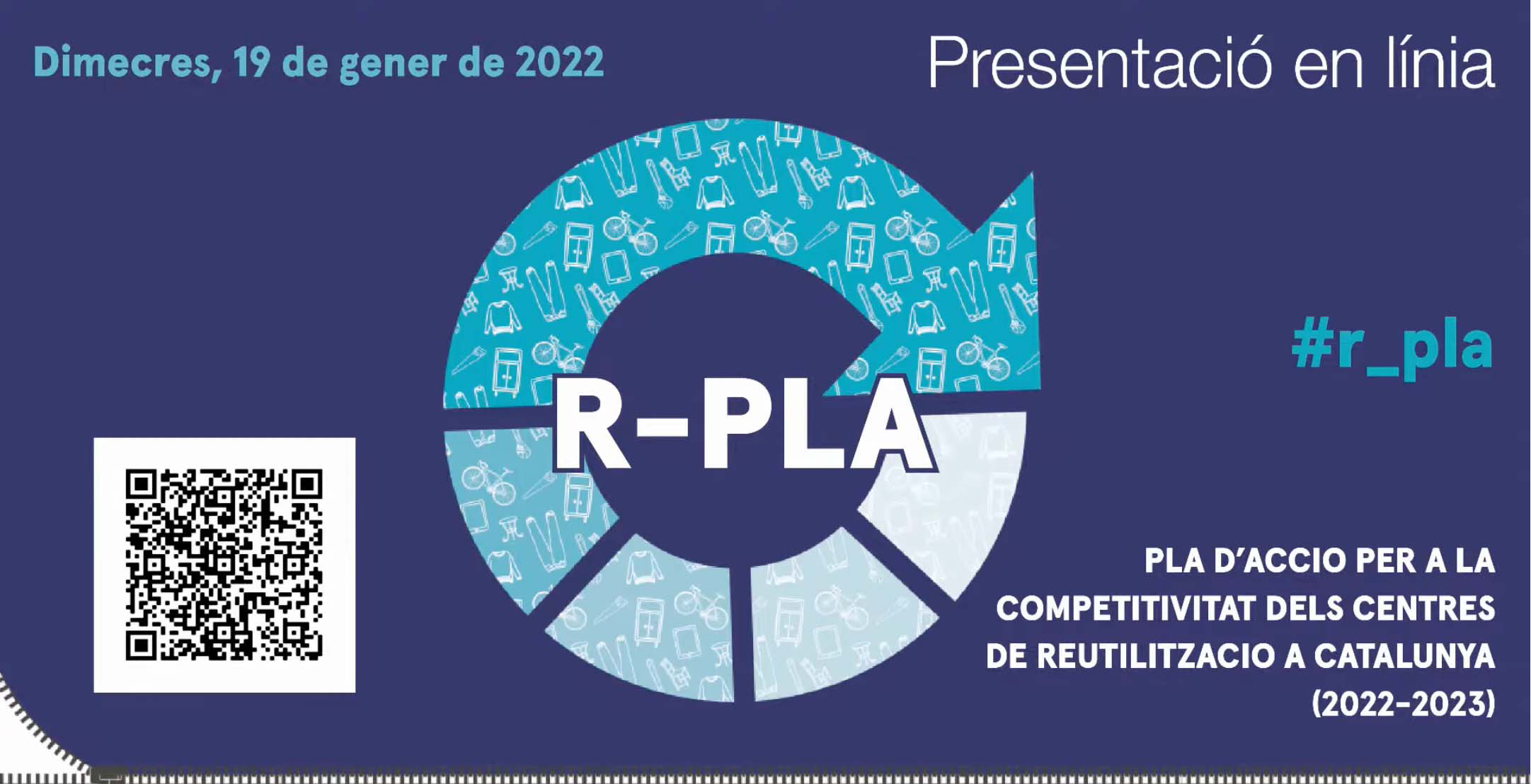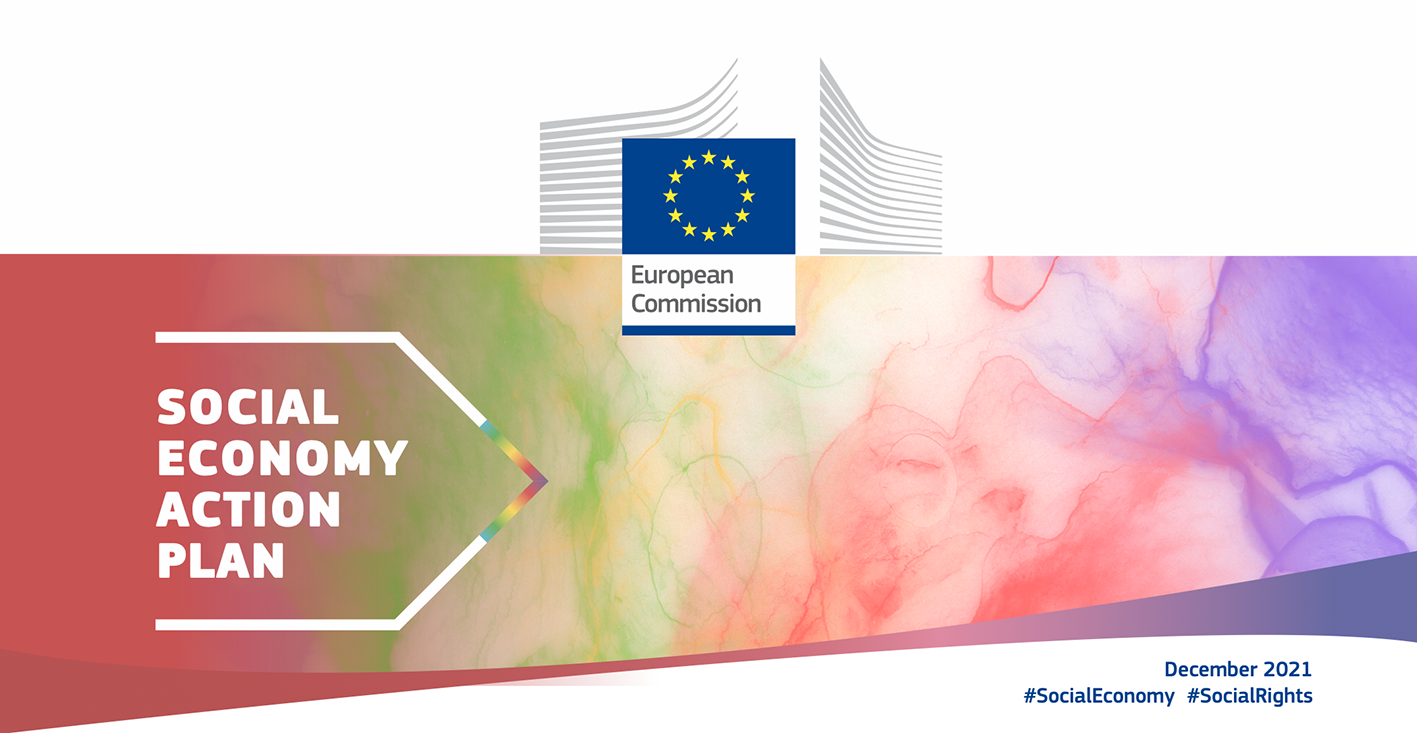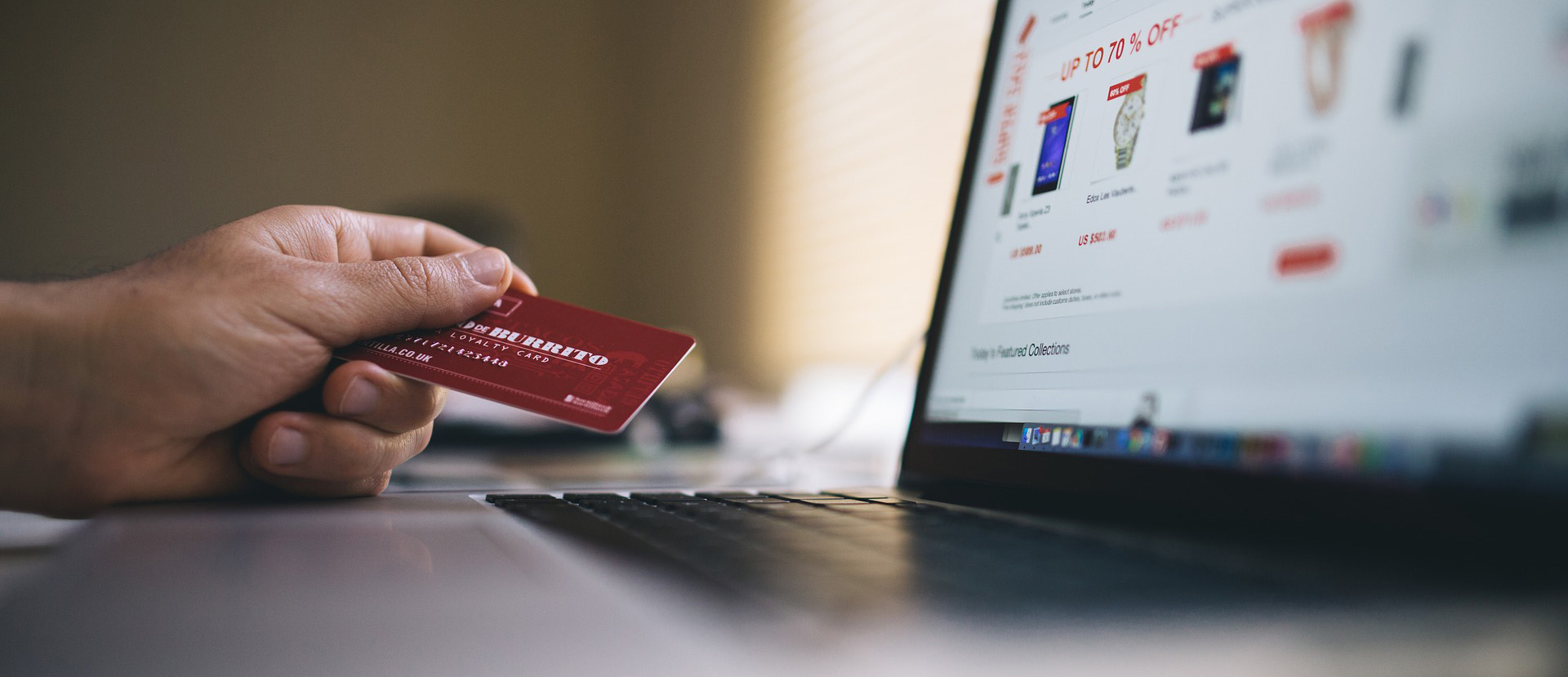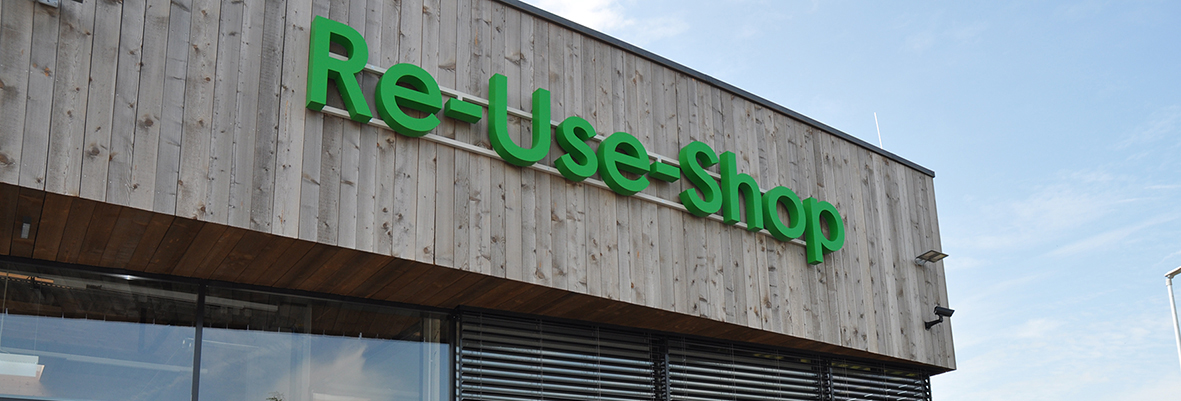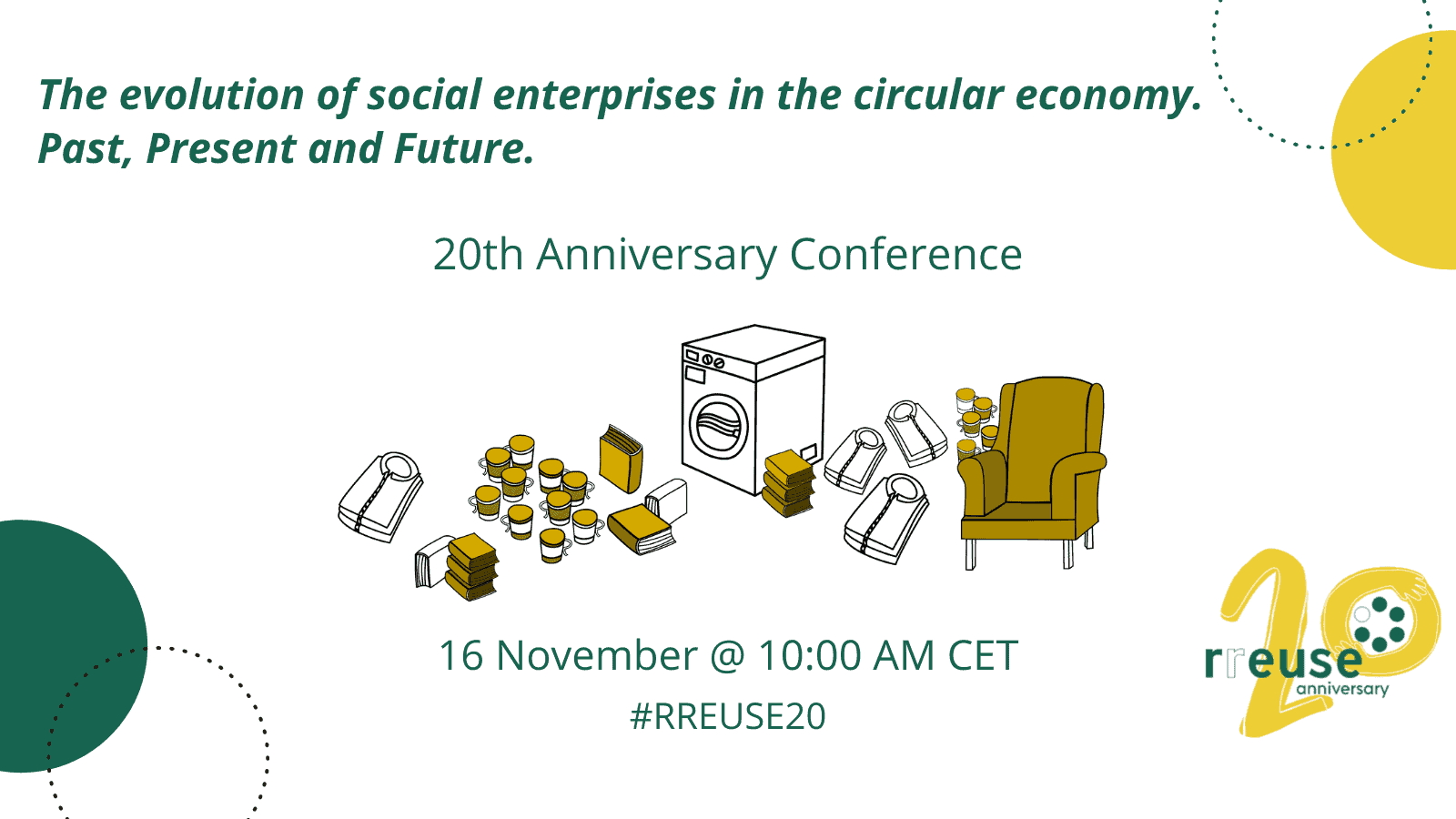The day 2 activities of the virtual preparatory meeting for staff exchange in the region of Styria / Austria revolved around the topic of resource parks. In this context, a virtual tour through the premises of the Resource Park Leibnitz in form of a video was organized. Around 25 SUBTRACT stakeholders and project partners from Finland and Barcelona participated in the session on November 3rd, 2020.
This virtual exchange, organized by the Office of the Regional Government of Styria, offered participants an opportunity to engage with leading waste experts in the region, including Ingrid Winter, Head of Department for Waste and Resource Management of the Regional Government of Styria and Josef Krobath, CEO of the Resource Park Leibnitz.
After a projection of a short introduction video, Ingrid Winter shared first insights into the concept of the resource parks developed back in 2015 on behalf of the Waste Management Department/Office of the Regional Government of Styria. As laid down in Waste Management Plan Styria 2019, resource parks are characterized by essential features, including regional collaboration of municipalities, customer-friendly opening hours, integration of reuse collection, awareness raising and waste advice as well as high sorting capacity.
In a 40-minute virtual tour, participants were guided through different sections of the Resource Parks Leibnitz and the associated reuse shop. Launched back in 2019, Resource Park Leibnitz covers a total area of 10,000 square metres. Besides bulky waste and problematic materials, over 80 types of waste, such as PVC pipes, rigid plastics and PET bottles, are collected here separately. In the reuse shop customers can hand in used but still well-functioning household and gardening equipment, books, toys, decorative items and much more - or buy them at very reasonable prices.
Subsequently, a video documenting the ground-breaking ceremony of the newly planned Resource Park in St. Johann im Saggautal has been shown.
After a break, followed a discussion with Josef Krobath, the CEO of the Resource Park Leibnitz, as well as Hermine Mittendrein, the CEO of the Reuse Shop Leibnitz. Stakeholder questions related to the opening hours and accessibility of the resource park, awareness raising activities and strategies of the regional government of Styria, or revenue and number of items sold at the reuse shop annually, among others.
On the question if the resource park is reachable by other means of transport than a private car, Josef Krobath spoke about the possibility to rent a van owned by the resource park, as seen in the virtual tour. He added that many people are coming by cargo bikes or bikes with trolley.
"One idea is also to establish in the future the so-called 'Resource Park Taxi'. You can make a call and the taxi comes by and picks up the waste or the reusable goods at your house", Krobath added.
Asked about the free distribution of reuse goods at the reuse shop, Ms. Mittendrein said: "Most things are sold. Because the shop is very small it is important that things are sold quickly. This works quite well because items are really cheap. There is an exception that things are given away for free (if they are not sold). For instance, things like games are given to social or public institutions like kindergarten and schools, but reusable goods are not given for free to the general public".
Four reuse groups of products are sold at the reuse shop Leibnitz, including small household and decorative items, electronic household devices, sport items and games as well as small furniture. There is no catalogue containing the reuse goods available at the shop, however some of the items are showcased on the facebook page. According to Ms. Mittendrein around 5.000 items have been already sold for an average price of 8,20 euro in 2020. Last year the average price for a reuse items was 6,50 euro, which means that the value of the reusable goods increased over the last year.
This virtual preparatory meeting was organized as part of the staff exchange within the SUBTRACT project as a contingency plan during the COVID-19 outbreak. Nevertheless, project partners hope that a physical meeting can still be organized later next year.
